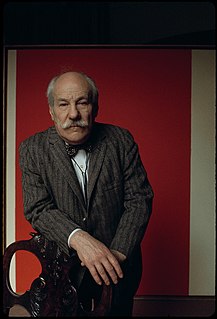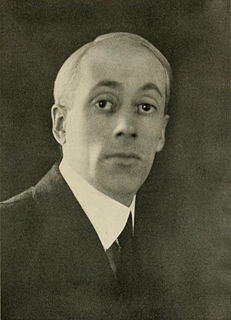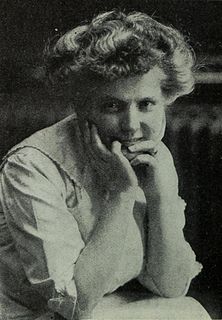A Quote by Francis Bacon
Defer not charities till death; for certainly, if a man weigh it rightly, he that doth so is rather liberal of another man's than of his own.
Related Quotes
Man is a fallen star till he is right with heaven: he is out of order with himself and all around him till he occupies his true place in relation to God. When he serves God, he has reached that point where he doth serve himself best, and enjoys himself most. It is man's honour, it is man's joy, it is man's heaven, to live unto God.
The king is but a man, as I am; the violet smells to him as it doth to me; the element shows to him as it doth to me; all his senses have but human conditions; his ceremonies laid by, in his nakedness he appears but a man; and though his affections are higher mounted than ours, yet, when they stoop, they stoop with the like wing.
[N]either in war nor yet at law ought any man to use every way of escaping death. For often in battle there is no doubt that if a man will throw away his arms, and fall on his knees before his pursuers, he may escape death; and in other dangers there are other ways of escaping death, if a man is willing to say and do anything. The difficulty, my friends, is not in avoiding death, but in avoiding unrighteousness; for that runs faster than death.
Man's knowledge of science has clearly outstripped his knowledge of man. Our only hope of making the atom servant rather than master lies in education, in a broad liberal education where each student within his capacity can free himself from trammels of dogmatic prejudice and apply his educational accoutrement to besetting social and human problems.
A rationalist, as I use the word, is a man who attempts to reach decisions by argument and perhaps, in certain cases, by compromise, rather than by violence. He is a man who would rather be unsuccessful in convincing another man by argument than successful in crushing him by force, by intimidation and threats, or even by persuasive propaganda.









































